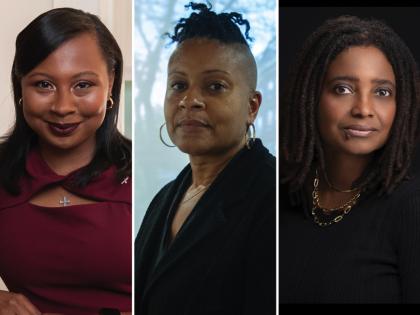An apparent confluence of events—continuing study about how better to engage alumni, the challenge posed by a petition slate of candidates for election to the Board of Overseers last spring (see harvardmagazine.com/overseerelection)—prompted the September 1 announcement that petitioning and voting procedures will be overhauled and brought into the digital era.
Significantly, petitioners will now have to gather signatures from 1 percent of eligible voters to qualify for the Overseers’ ballot: about 2,650 names, up from the prior requirement of about 200. Gathering such support will be made less physically taxing, however: in place of watermarked, paper forms, an online utility will let alumni download a form, sign it, and submit it as a scan electronically, or mail it back. That procedure goes some way toward enfranchising overseas voters, especially.
Even more important, perhaps, will be the adoption of secure online balloting, effective as soon as practicable but no later than the 2018-2019 election year—an overdue move to bid mailed, paper ballots adieu. Finally, eligibility for Overseer service is now restricted to holders of Harvard degrees: a measure that disqualifies people who have no University affiliation as well as students who have not yet earned a degree.
Full details are available at harvardmag.com/overseer-reform-16.







